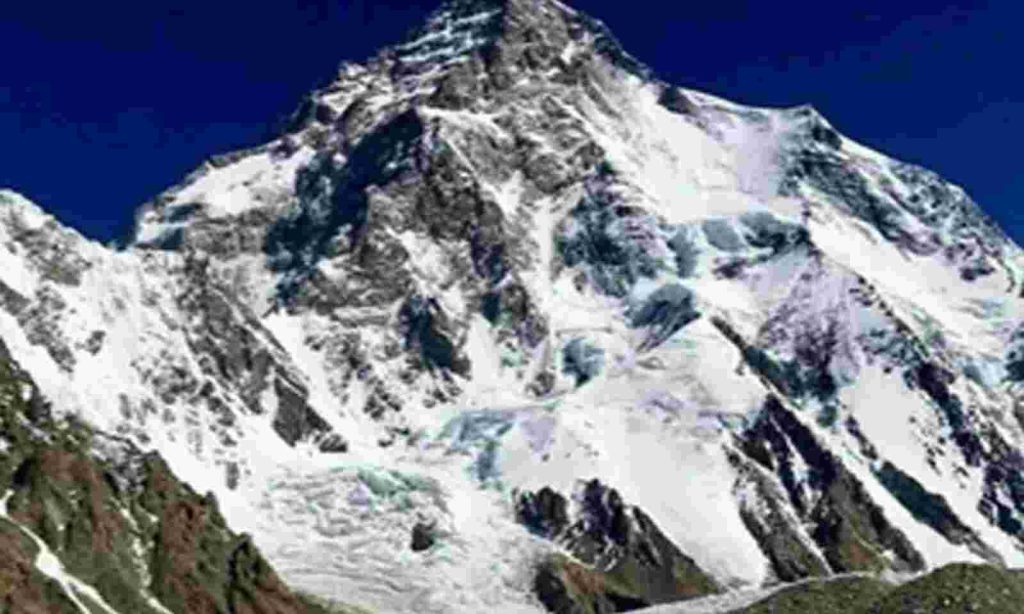Japanese climber Onishi Hiroshi tragically passed away after falling into a crevasse on Spantik Peak, a 7,027-meter mountain in Gilgit-Baltistan’s Nagar region.
Hiroshi, aged 64, was part of a four-member Japanese team accompanied by two porters. They successfully reached the summit on July 1 but encountered the incident during their descent on July 2. His body was recovered and brought back to the camp on July 3.
This incident follows another tragedy last month when one of two Japanese climbers, Ryuseki Hiraoka or Atsushi Taguchi, was discovered deceased on Spantik Peak. They had attempted the ascent without porters and were last seen on June 10. Although one body was found 300 meters below Camp 3, it remains unclear which climber it belonged to. The search for the second climber is ongoing.
Spantik Peak, also known as Golden Peak, is described as a “relatively accessible and straightforward” mountain by Adventure Tours, the expedition organizer. Despite this characterization, recent fatalities underscore the mountain’s inherent challenges and dangers. Pakistan hosts five of the world’s 14 mountains that exceed 8,000 meters, including K2, the second highest peak globally.


